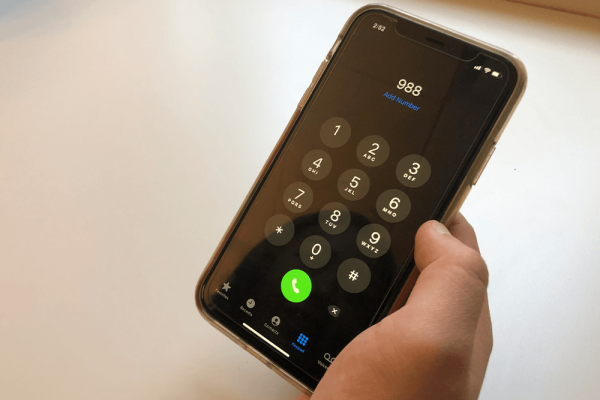Sep 15, 2022
If you or a loved one have been impacted by suicide or self-harm, there is nothing to be ashamed of. Scripture teaches us that when one person suffers, we all suffer. Yet if you are in a place of active suicidal ideation, or having self-harming thoughts, it can feel like you have been completely swallowed by the dark; it’s a lonely and terrifying place. But here is the truth: You are wanted on this earth.
Read the Full Article

Already a subscriber? Login
